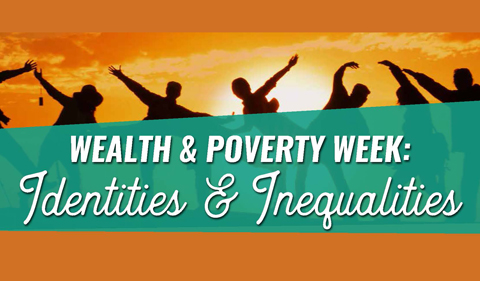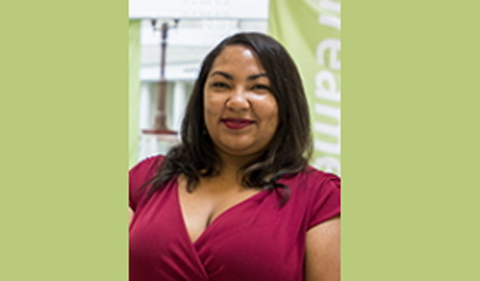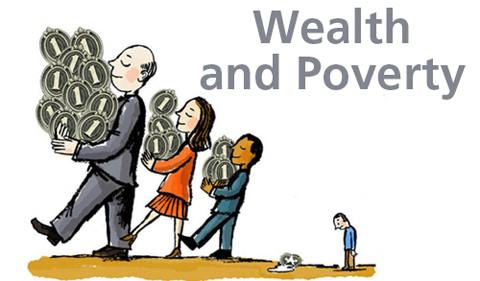
The Wealth and Poverty Theme presents Dr. Shannon Nicks on “Using a Community-engaged Approach to Examine Peer Support and Survivorship Outcomes for African American Women with Breast Cancer” on Wednesday, Feb. 7, from 3-4 p.m. in Alden 319.
Dr. Shannon E. Nicks is an Assistant Professor of Community and Public Health in the Department of Social and Public Health housed in the College of Health Sciences and Professions at Ohio University. As faculty, Dr. Nicks’ research uses the principles of community engaged research to promote health equity. Currently, her work examines the influence of social support and social networks on health behaviors and outcomes related to rural, socioeconomic and racial/ethnic disparities in cancer, diabetes, mental health, women’s health, and maternal and child health. Additionally, Dr. Nicks teaches at both the undergraduate and graduate levels, serving as primary instructor for numerous public health courses.

Dr. Shannon NicksAbstract: Health status and quality of life amongst breast cancer (BrCa) survivors in the United States is variable, and African American (AA) BrCa survivors suffer disproportionately from BrCa morbidity and mortality. Emerging evidence suggests peer support is an effective strategy to promote positive survivorship outcomes for AA BrCa survivors. Working collaboratively with a community-based BrCa peer support group, we explored the role of peer support in the BrCa experiences of AA survivors. Data were collected, analyzed and triangulated from three sources: participant observations of survivors attending monthly peer support group meetings, key informant interviews with peer support group leadership and semi-structured interviews with two groups of survivors categorized according to receipt of peer support during their BrCa experiences. Results indicate that peer relationships function to assure social connectedness and provide consistent, quality social support in addition to or in the absence of support from other sources. This consistent peer support helps survivors cope with the continued stress of BrCa and may result in better psychosocial health and quality of life. These findings expand our current understanding of peer support and may enable public health and clinical practitioners to better recognize and intervene with those for whom additional support services are needed.
Her talk is part of a week in February at Ohio University dealing with identities and inequalities. Wealth & Poverty Week on Identities and Inequalities is Feb. 5-9.
About Wealth & Poverty Week on Identities and Inequalities: Our identities affect our lives profoundly; some start impacting us before we are even born and continue until we die. The enforcement of identity norms and the hierarchies associated with different identities can be highly problematic and result in undesirable outcomes. At the same time, our identities can often be a source of belonging and pride. The Wealth and Poverty Week on Identities and Inequalities brings the Ohio University community together to discuss specific inequalities related to identities and also how identities can be part of the solutions to these inequalities.
Any questions? Email Yeong Kim at kimy1@ohio.edu.




















Comments